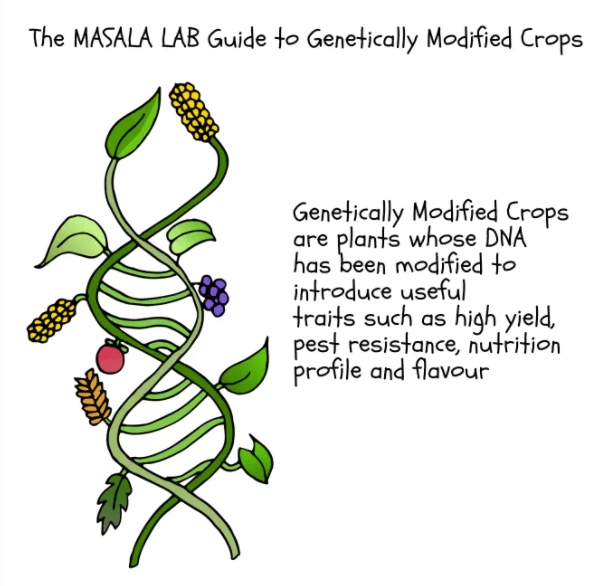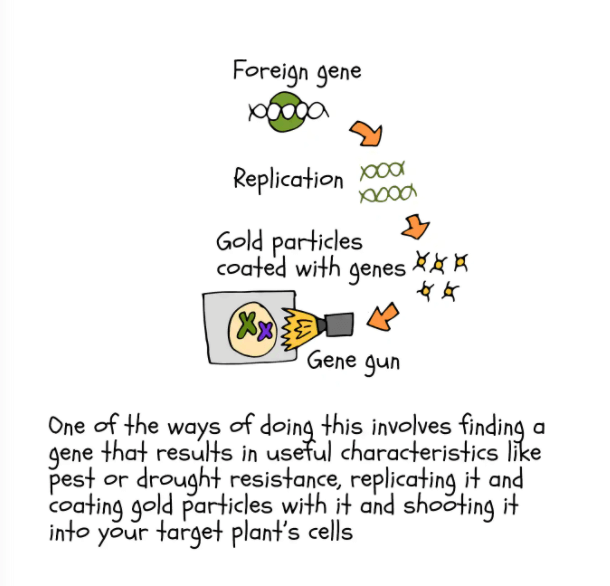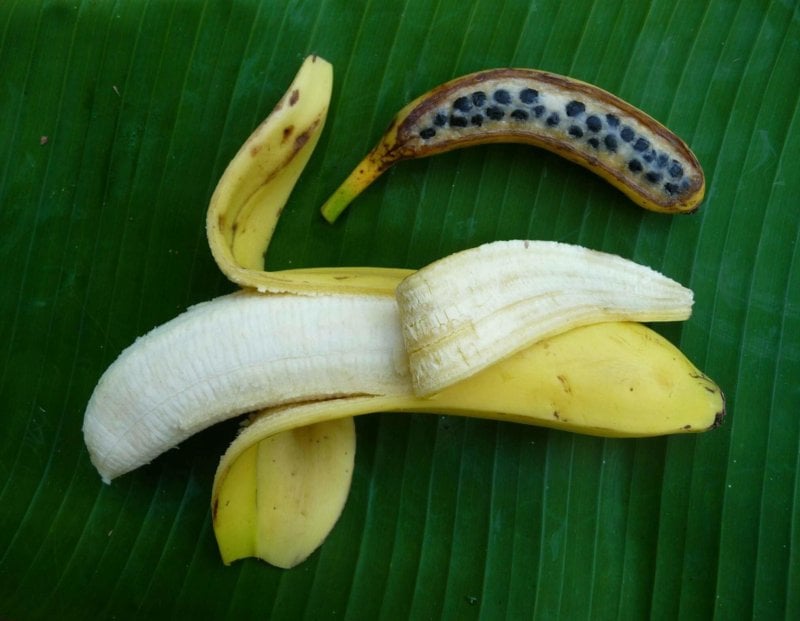The wild version of the banana plant had inedible fruit filled with tons of seeds. Humans have, through a meticulous and laborious application of artificial selection, produced a banana plant that today does not even produce seeds, and literally every one of those ubiquitous yellow Cavendish bananas we eat are genetic clones of one another.
In short, agriculture is not natural. It is the careful selection of chance mutants of organisms or interbreeding by grafting of variants to produce freakish versions of crops that would never have survived in nature.
…
The only difference between what we describe as “traditional” crops and what we term GM crops is that the former is merely messy and inefficient genetic engineering done over centuries in comparison to the precise genetic engineering done in a lab.
In summary, you don’t have to take my word for it, but almost every single major food safety testing institution around the world has looked at data from the last 30 years, and the risk of eating GM crops is no worse than the risk of eating non-GM crops. Not getting enough nutrients, hunger and overeating are far bigger problems, and chances are, you are probably eating a genetically modified organism right now without even realising it.




































